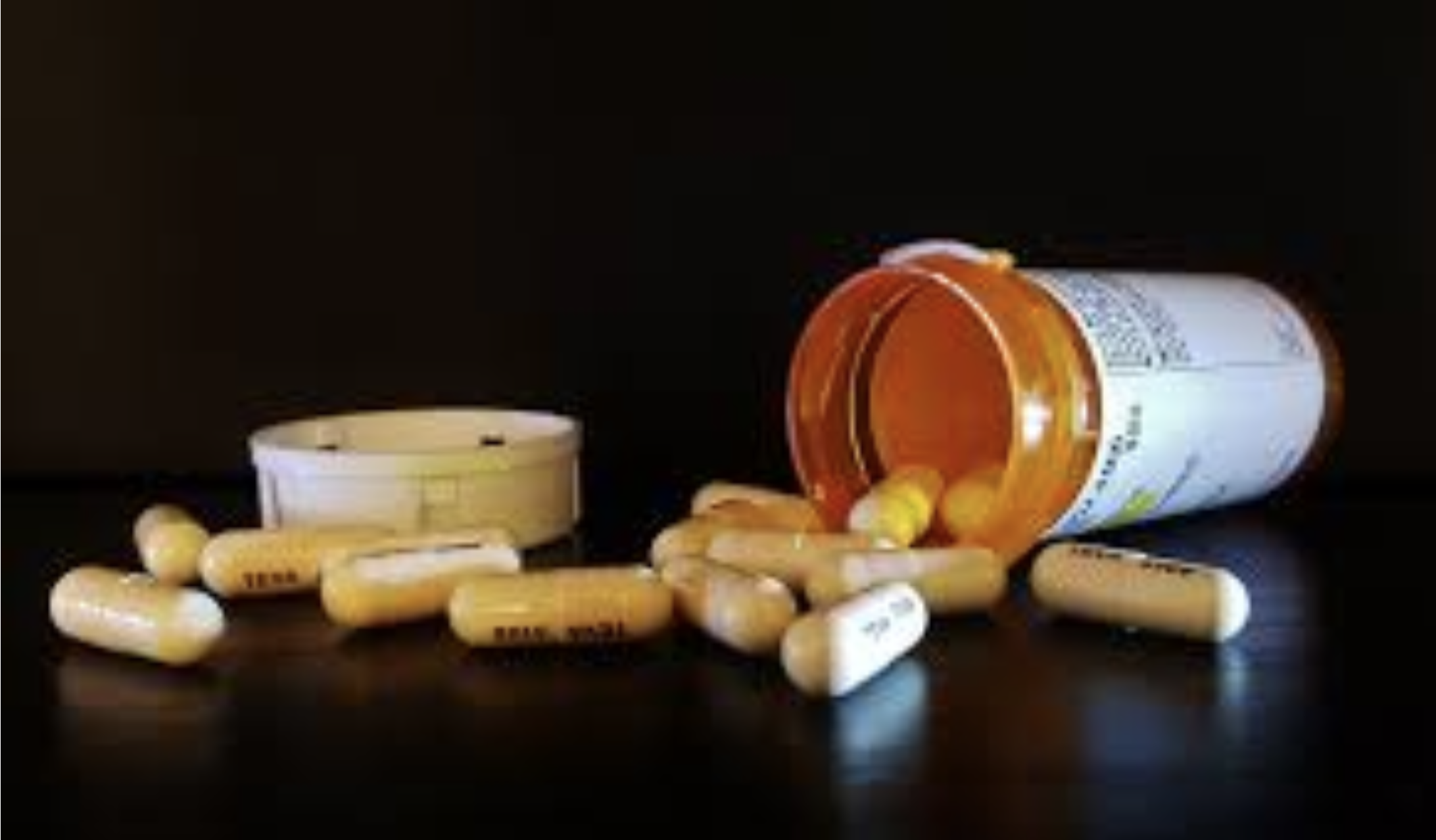By Brian Zhao
(Image: creative common license)
Almost all patients prescribed Adderall as attention deficit hyperactivity disorder (ADHD) treatment have recently reported that it is notably harder for them to find proper treatment. Consequently, this community of disaffected individuals is experiencing anxiety when finding medication, serious withdrawal symptoms, and mental health flare-ups from the lack of accessibility to the ADHD drug.
On October 12, 2022, the Food and Drug Administration (FDA) first reported the shortage of amphetamine mixed salts, the drug used to treat ADHD. Adderall is one of many brand names of amphetamine mixed salts. In September, 80 percent of the responses to a survey conducted by ADDitude, the leading media network on ADHD and related conditions, stated that it was relatively more difficult for them than usual to find their ADHD medication. So, this prompts an important question for pharmaceutical companies: when will the shortage go away and when will Adderall be restored?
Unfortunately, it does not appear that the shortage will disappear anytime in the near future, as the FDA projects it to last well into the new year. This extensive time period is largely due to a lack of transparency and accountability in big pharma, such as continual manufacturing delays caused by labor shortages.
Teva Pharmaceuticals, for example, has been reported for “experiencing ongoing intermittent manufacturing delays.” They have also been dealing with “packaging capacity constraints.” Moreover, the FDA also reported that “other manufacturers continue to produce amphetamine mixed salts but there is not sufficient supply to continue to meet U.S. market demand through these producers.”
According to the University of Utah Pharmacy Services, other companies like Camber Pharmaceuticals and Sun Pharma have also reported supply issues. Additionally, Novartis, the United States’ second largest supplier of Adderall, is also having shortage problems.
Although nationwide shortages have become more and more prevalent in recent months, supply falling short of demand has been an ongoing issue since 2019, with seven out of nine major U.S. suppliers of Adderall struggling to meet increasingly pressuring demand.
This surge is caused by there being a 15 percent increase in Adderall prescriptions among those aged 22 to 44 in 2020 according to a study done by Trilliant Health. Because these patients are essentially unable to access supplies, physicians are finding alternative methods of treatment as temporary replacements until the shortage is over. Some have switched patients over to Zenzedi, but this medication comes with other issues, such as pharmacies refusing to stock Zenzedi due to it being a low volume controlled substance from smaller companies. Additionally, insurance companies’ denial of covering Zenzedi plays a role as well.
Switching to other medications or laying off medicine entirely have not adequately sustained individuals’ physical and mental well being during the shortage. In a recent ADDitude survey, many people have shared their stories regarding the side effects of their mediocre replacements and treatment-related anxiety.
A responder from Maryland stated that she has to “settle for medicine from whatever manufacturer the pharmacy can get it from,” and that “there are some instances where the version of the medication I get makes me feel so awful that I throw it all away.” She further explains her situation by saying that “it’s stressful every day” and that “it affects my mental health as well as my job performance and ability to handle my daily life.”
A Colorado responder stated that he is “sleeping way more and not getting things done like cleaning, recreation, or visiting with friends, which are all self-care for me. I have had to call different pharmacies to see if the immediate-release tablets are in stock. Last month, I called all the national chains and finally found it at a very small pharmacy on the outskirts of town. I am concerned they will not have it when I call back in a week to fill my next prescription. I am already experiencing anxiety about that… My mental health is at stake here.”
So, it is clear that inadequate solutions like exercising regularly, eating a nutritious diet, sleeping well, and attending group support sessions are nowhere close to enough when rehabilitating these individuals who lack treatment. A major factor that caused this lack of ADHD medication is the disruption of the economy due to COVID. Thus, nationwide rapid return to economic equilibrium needs to occur immediately before the crisis worsens.




